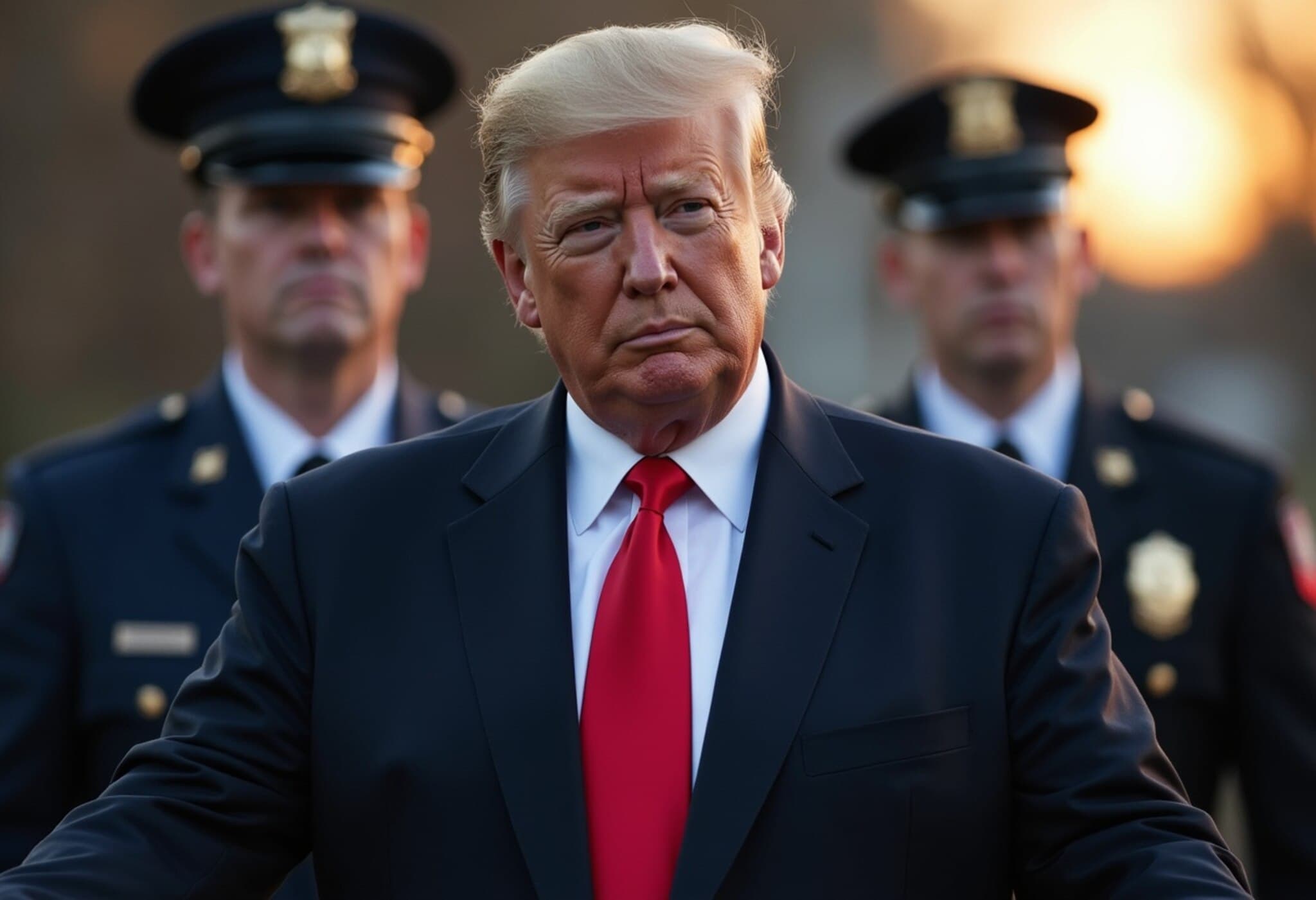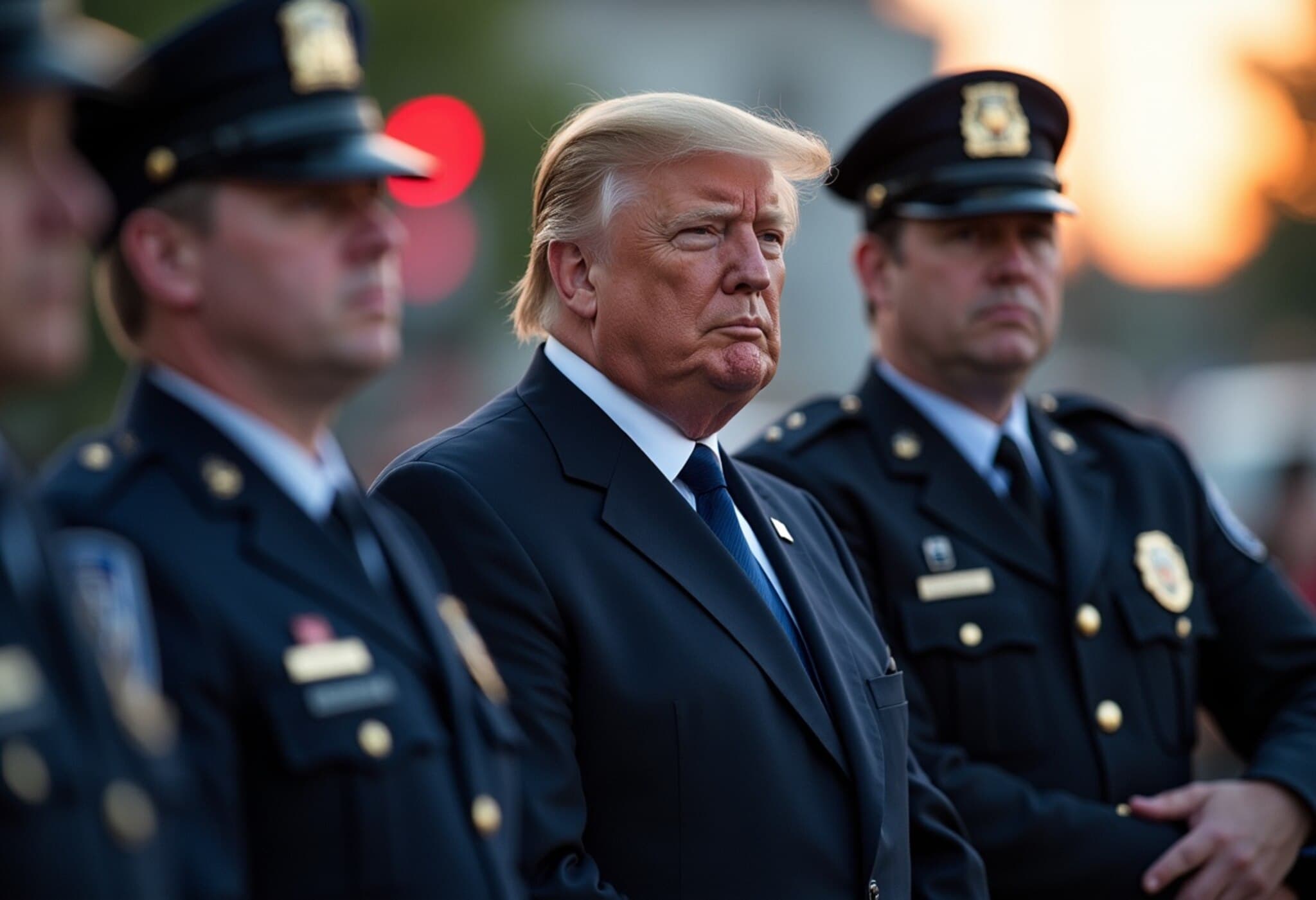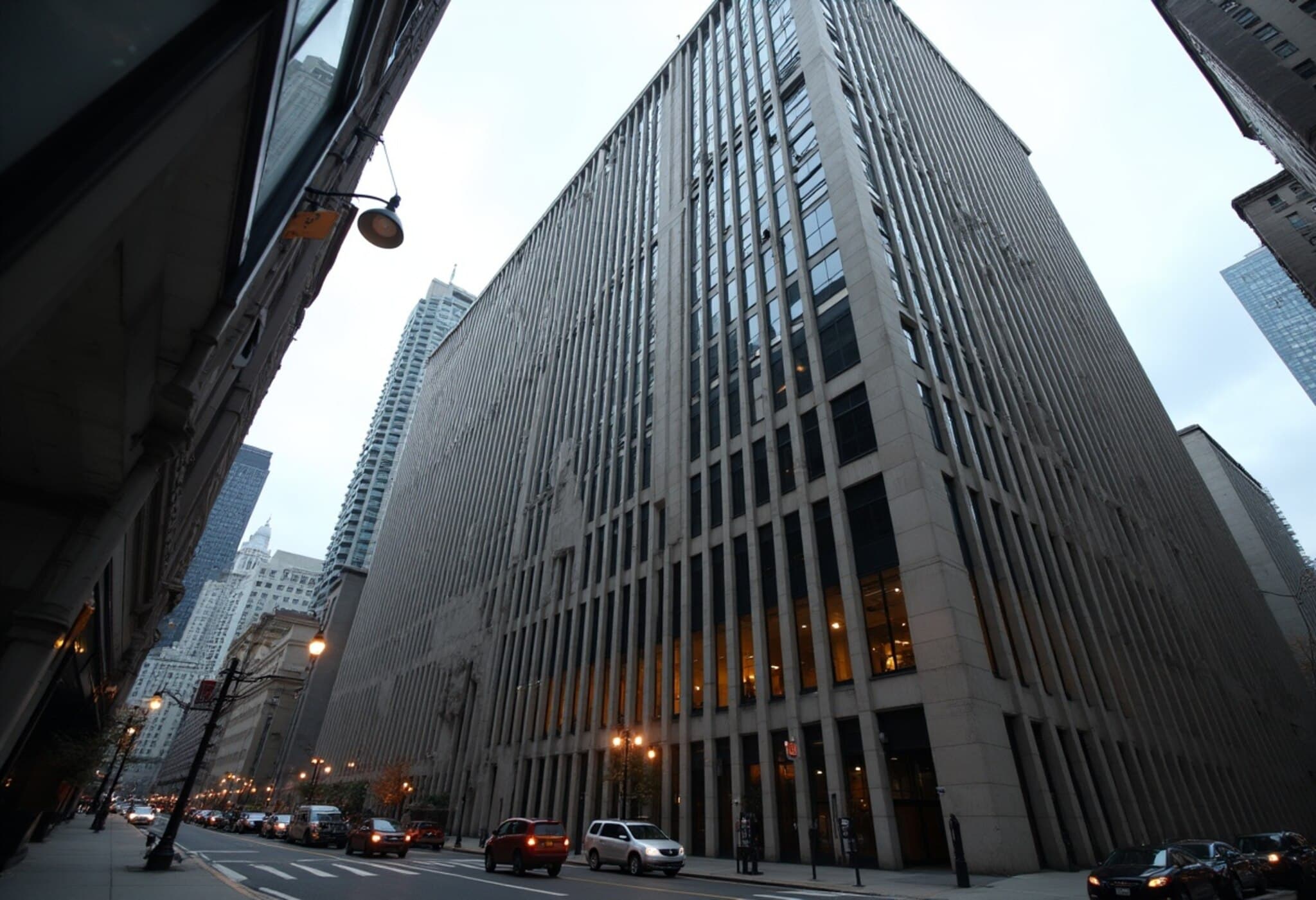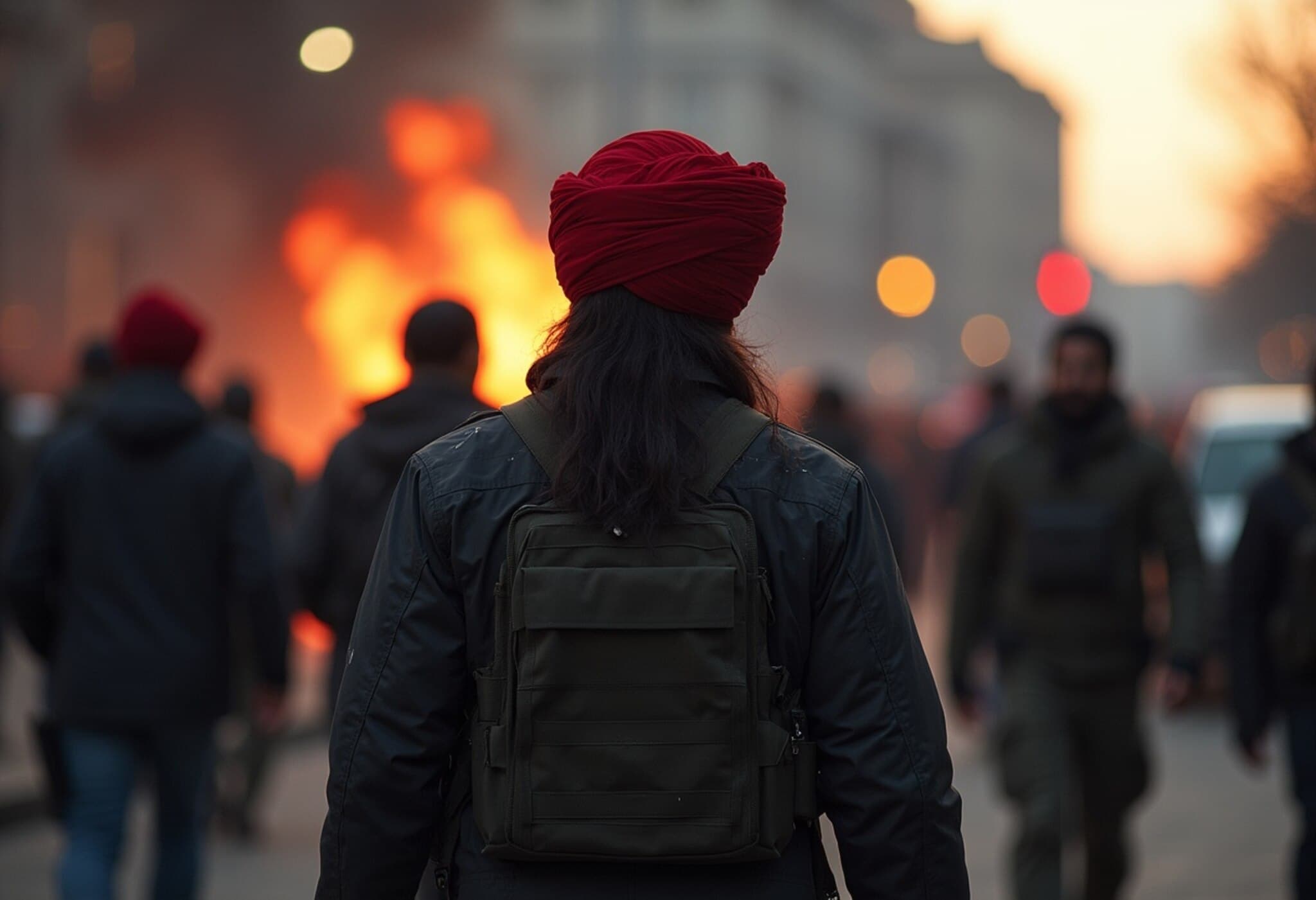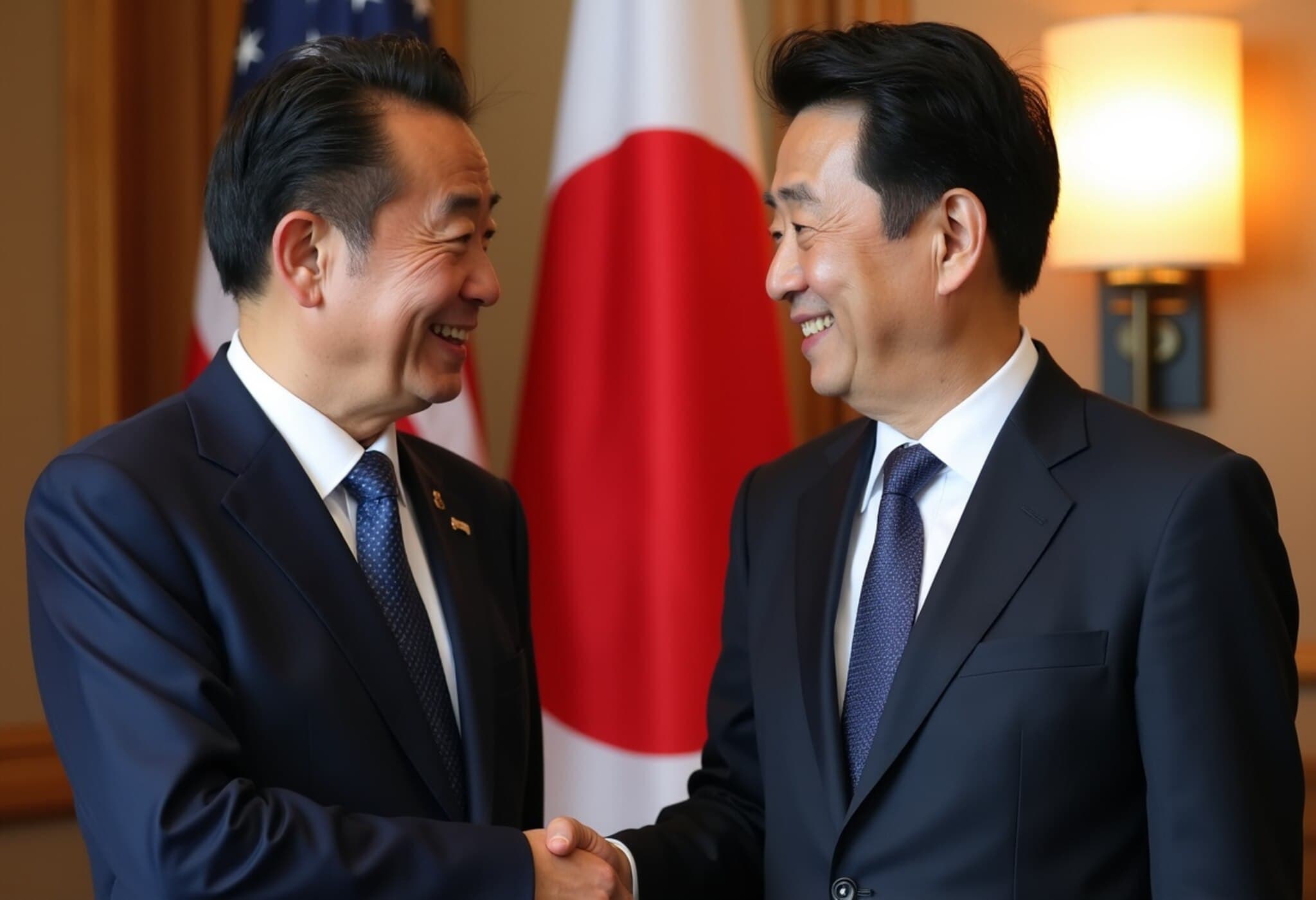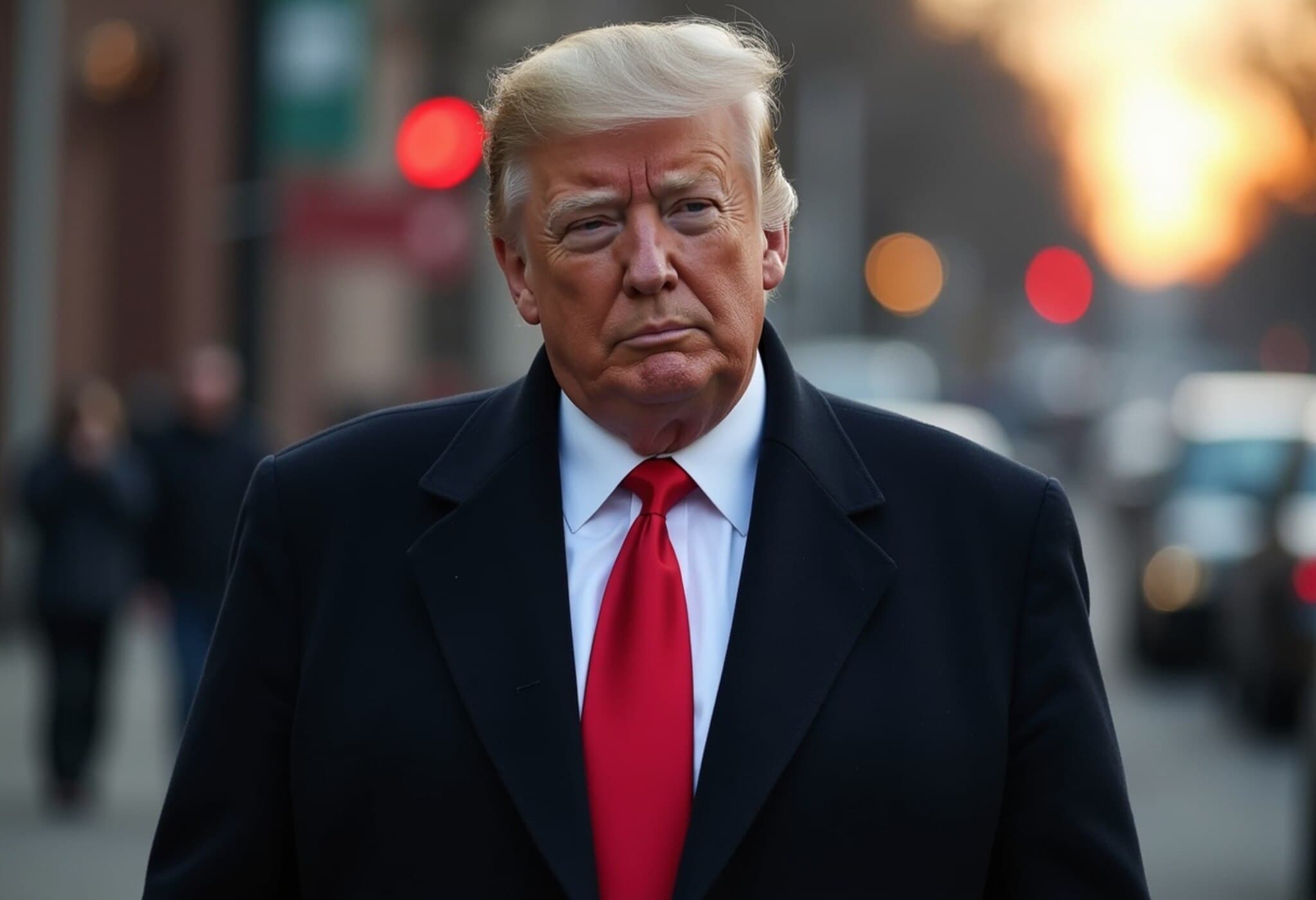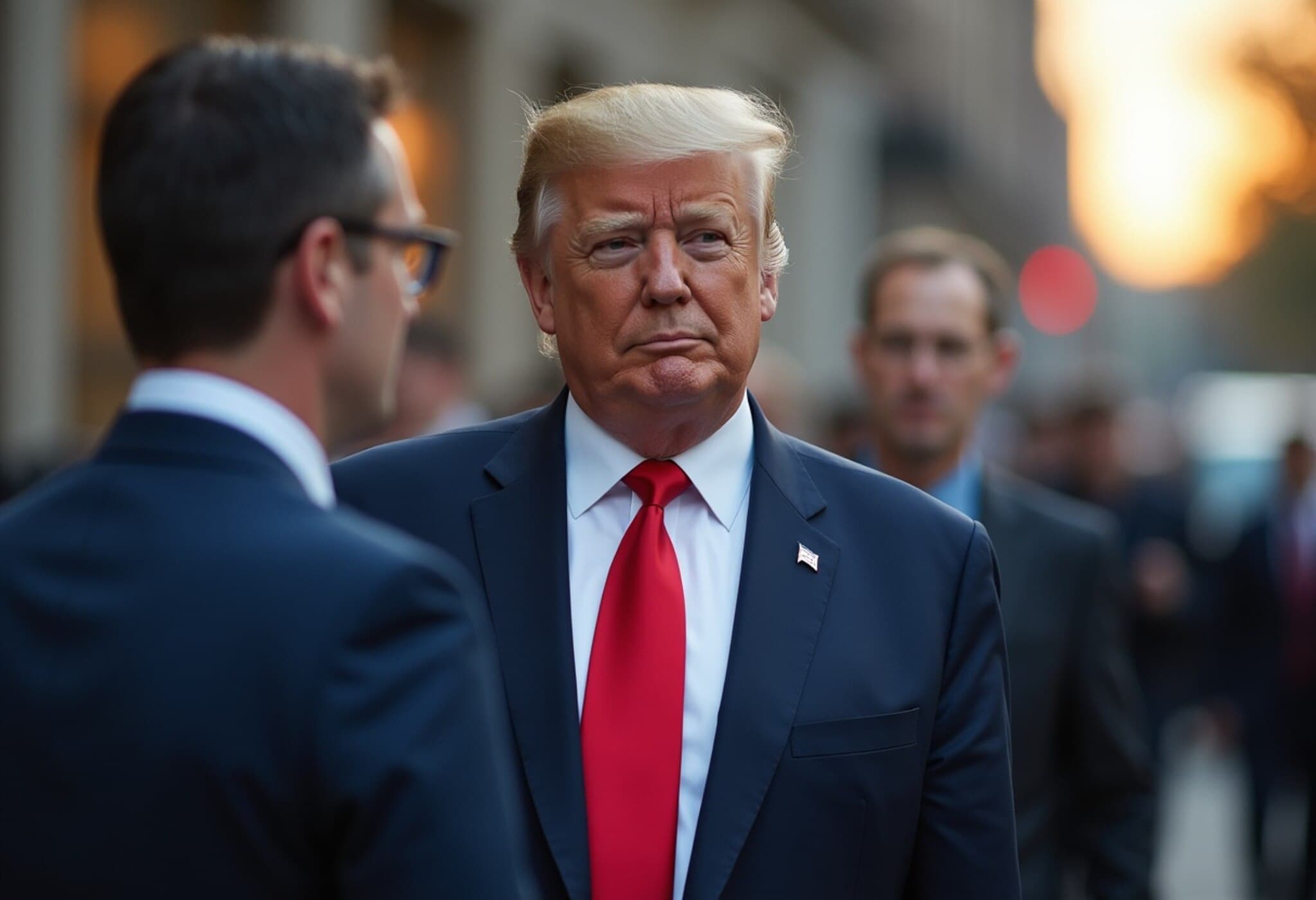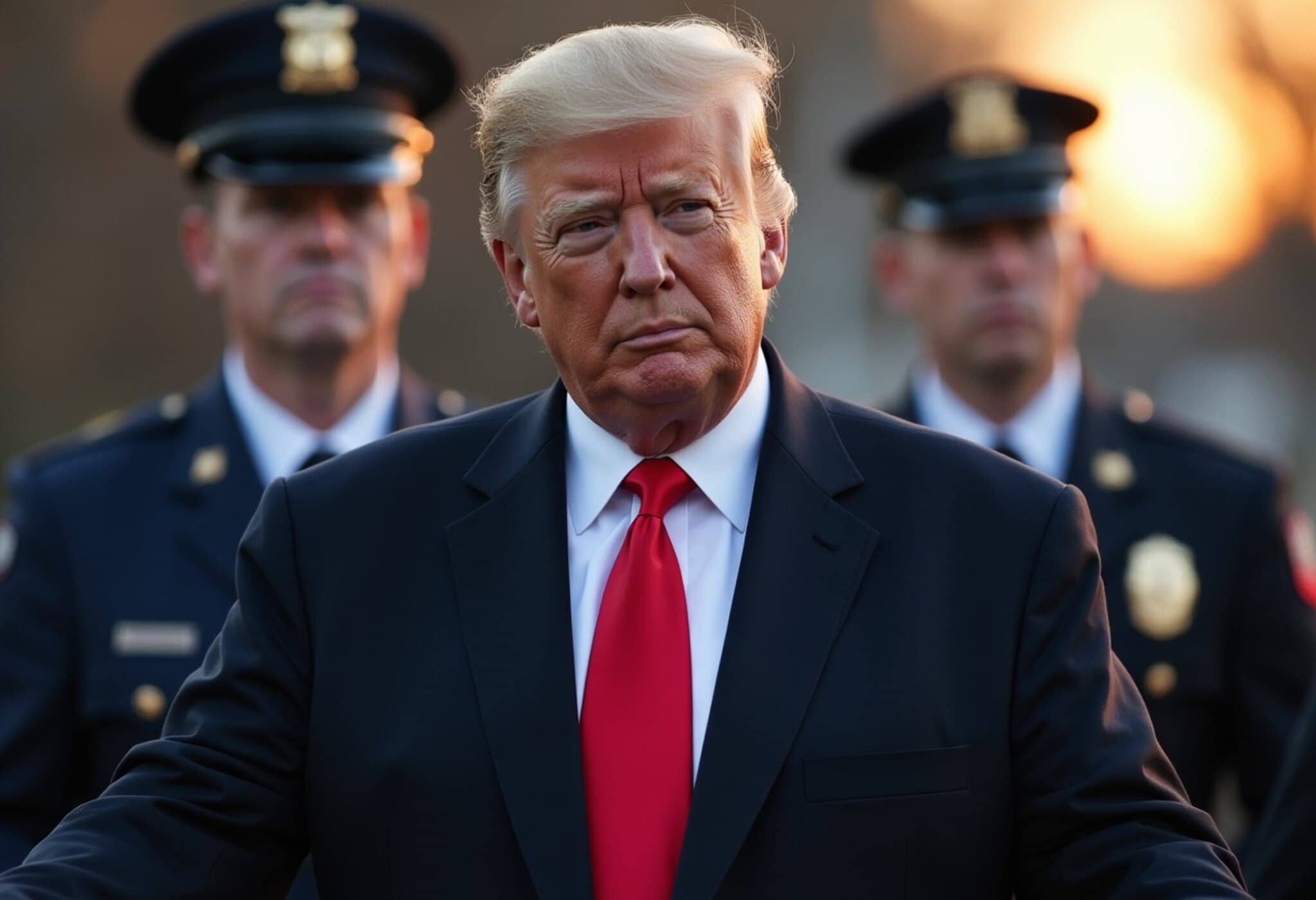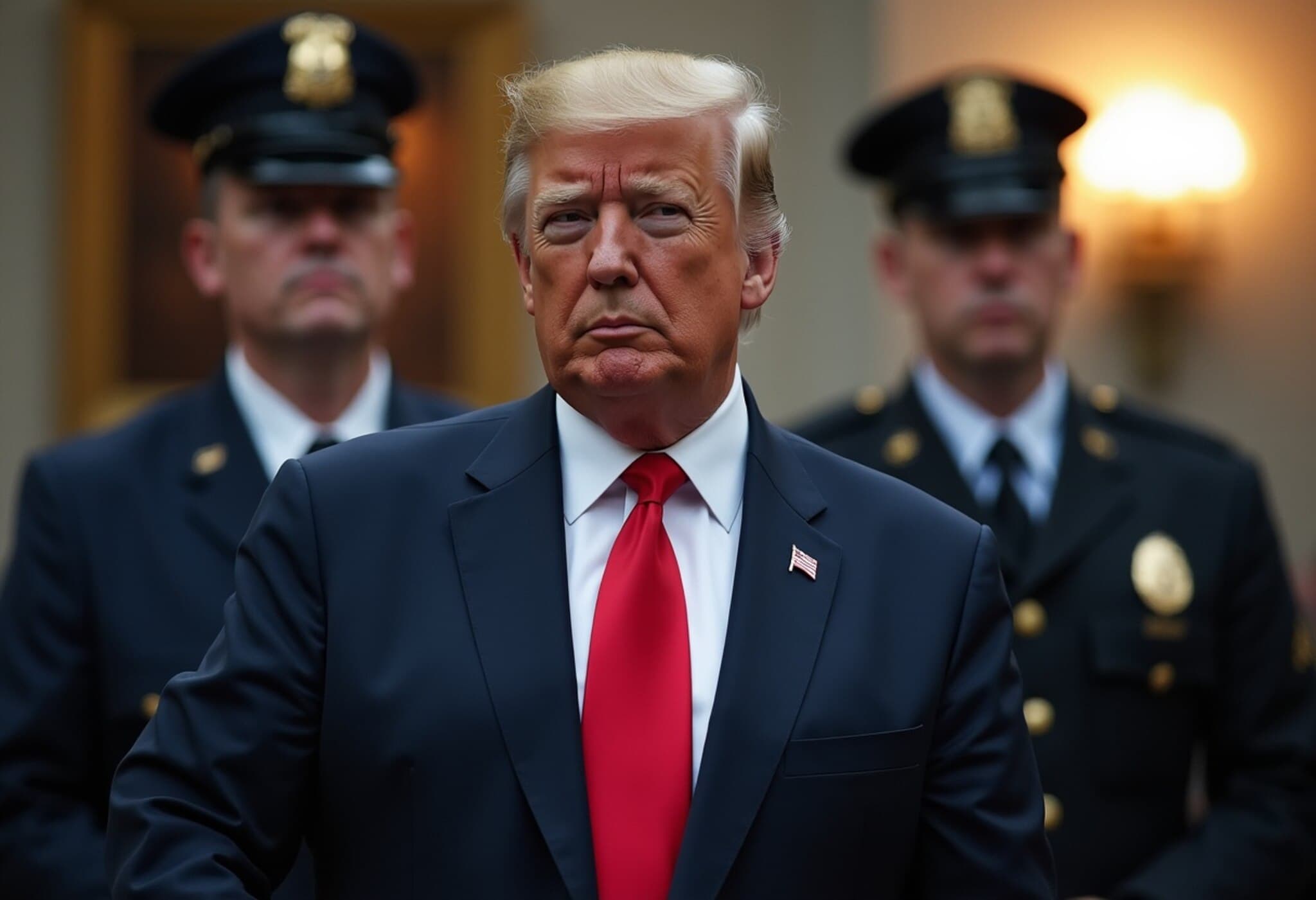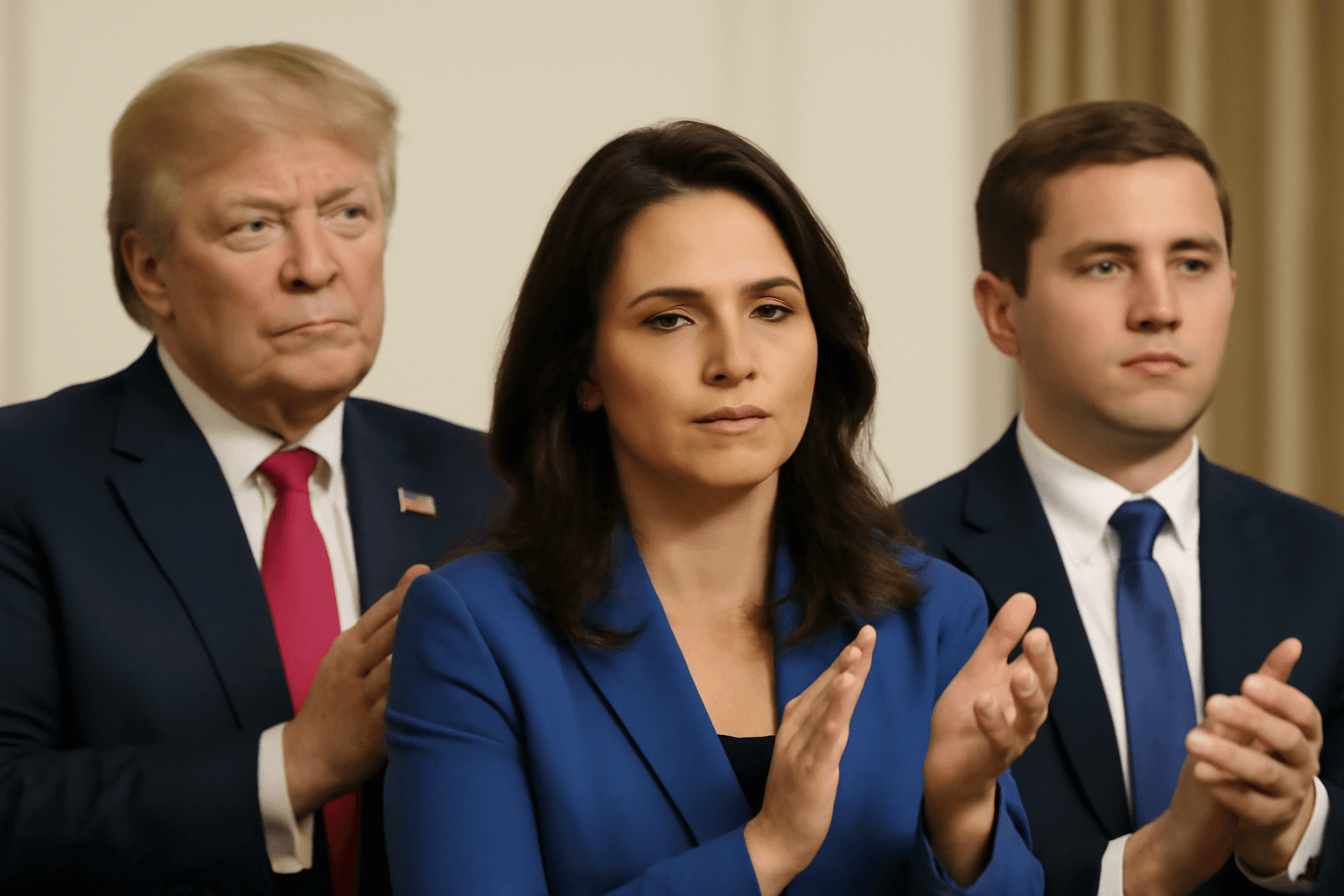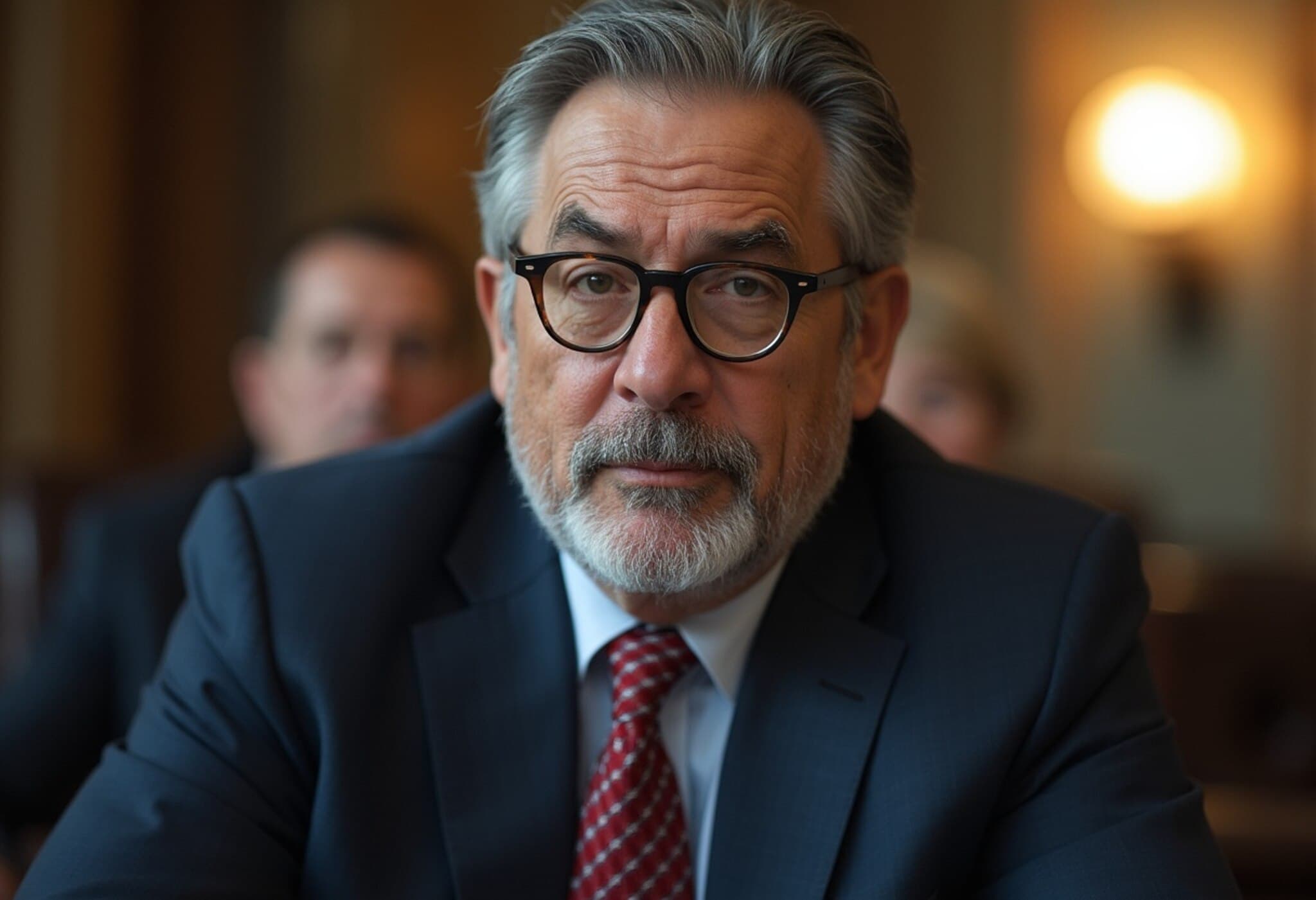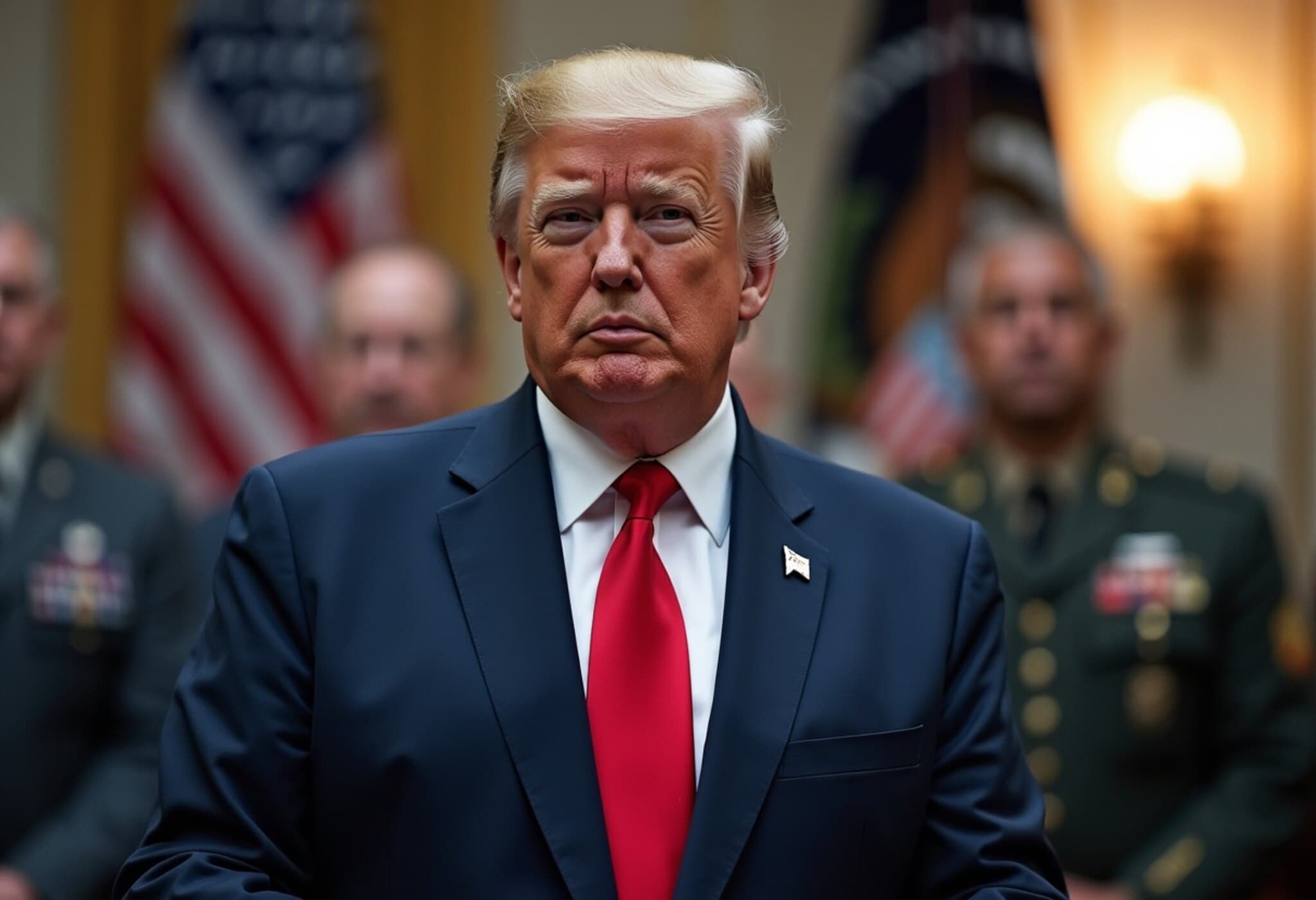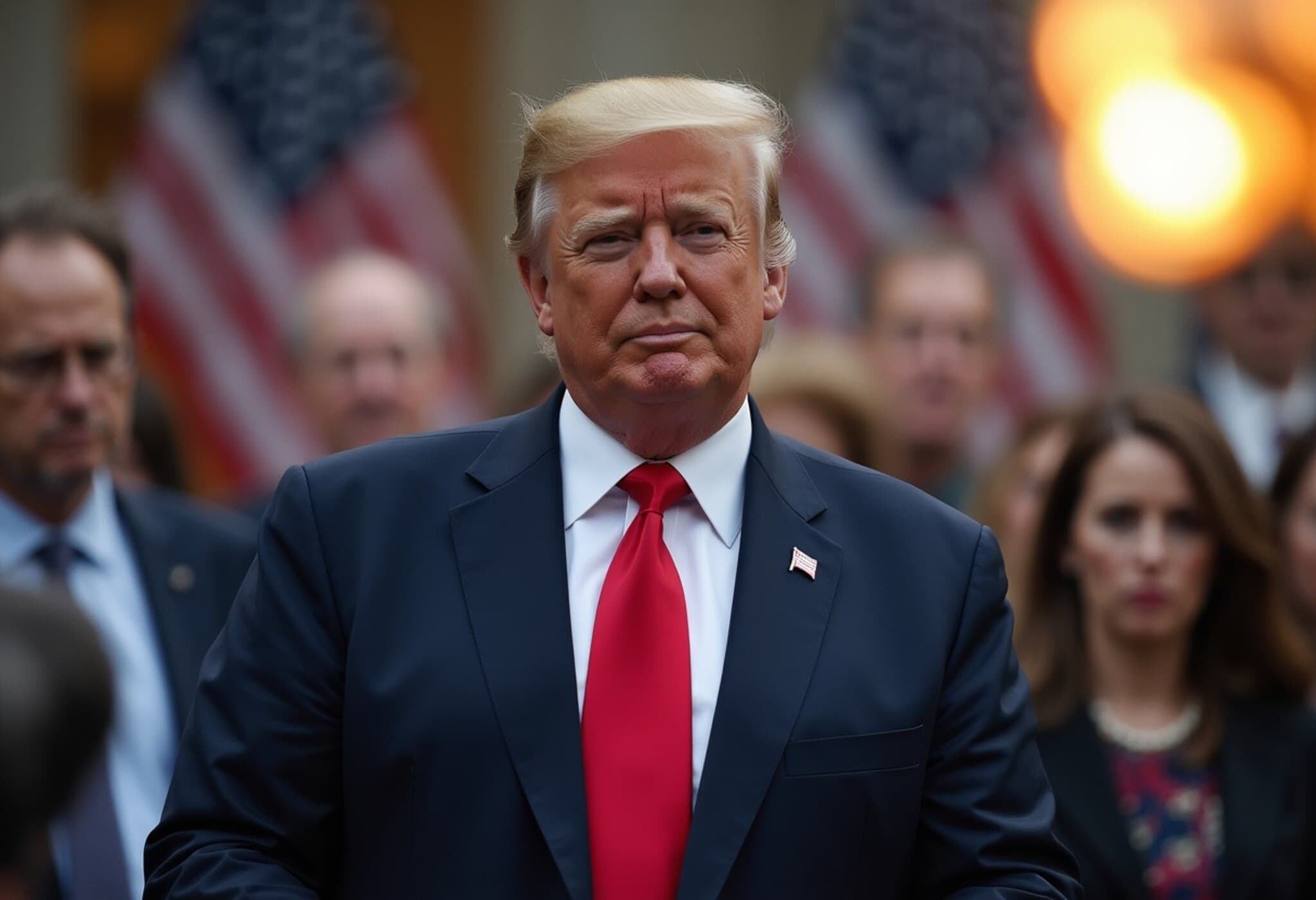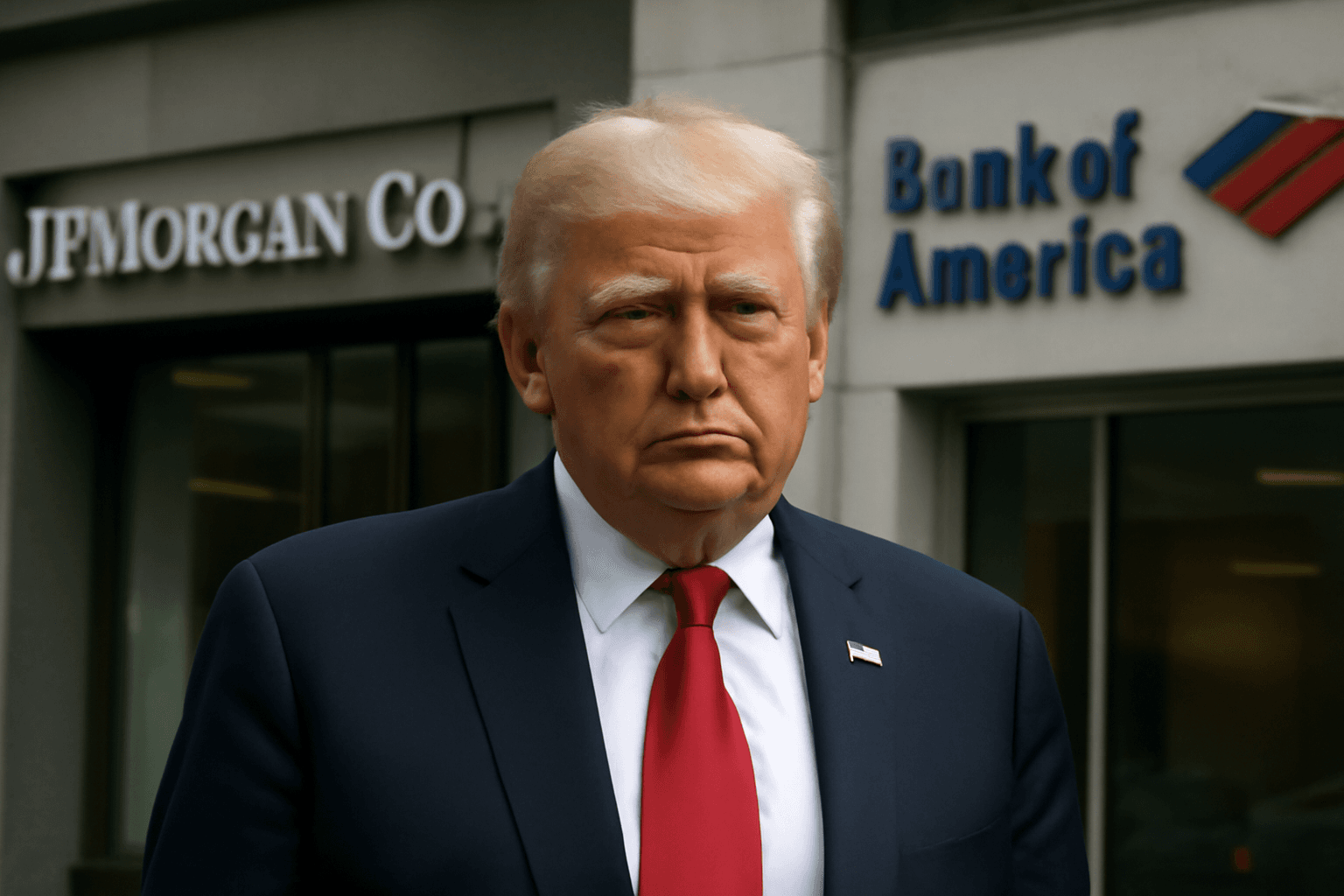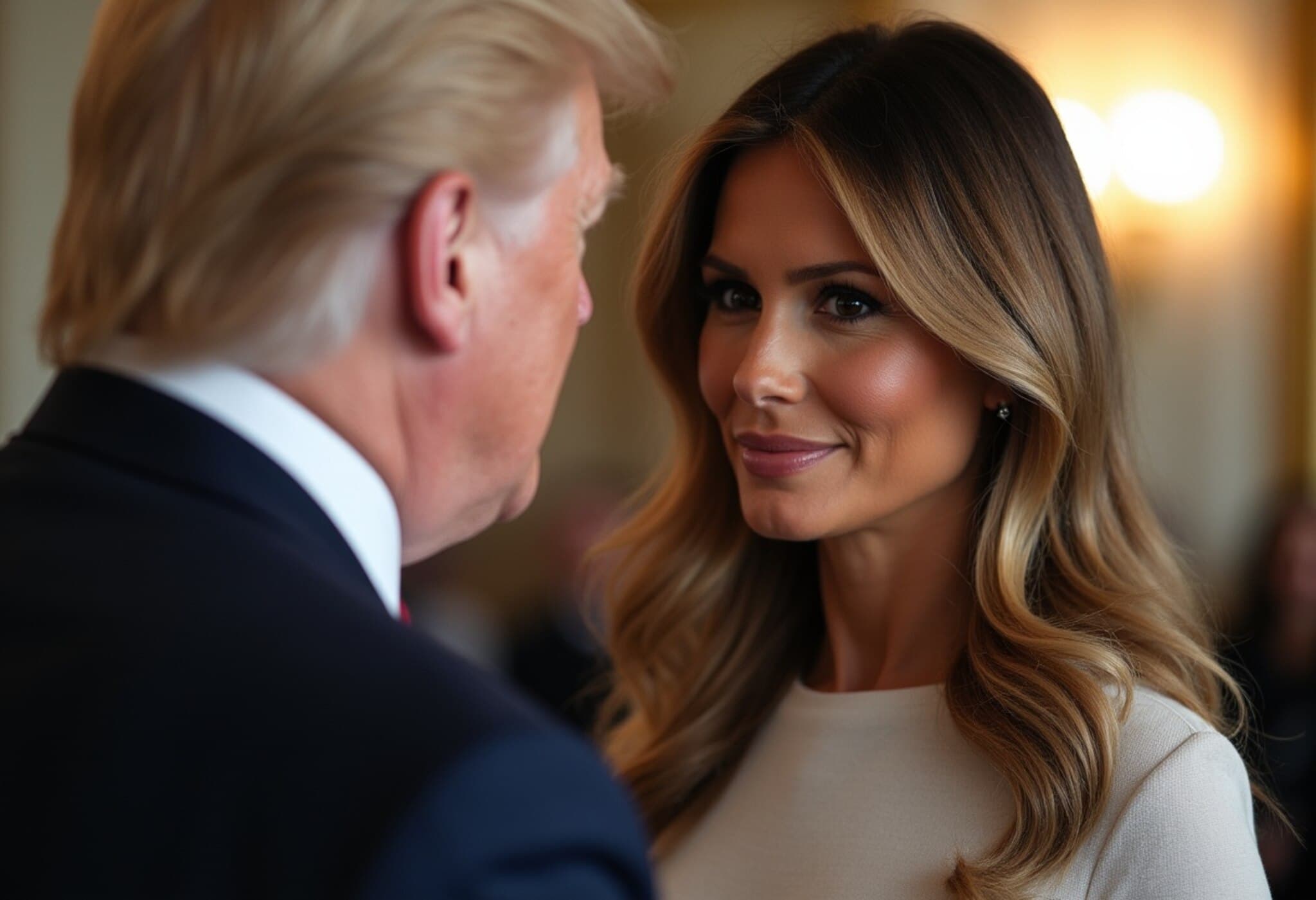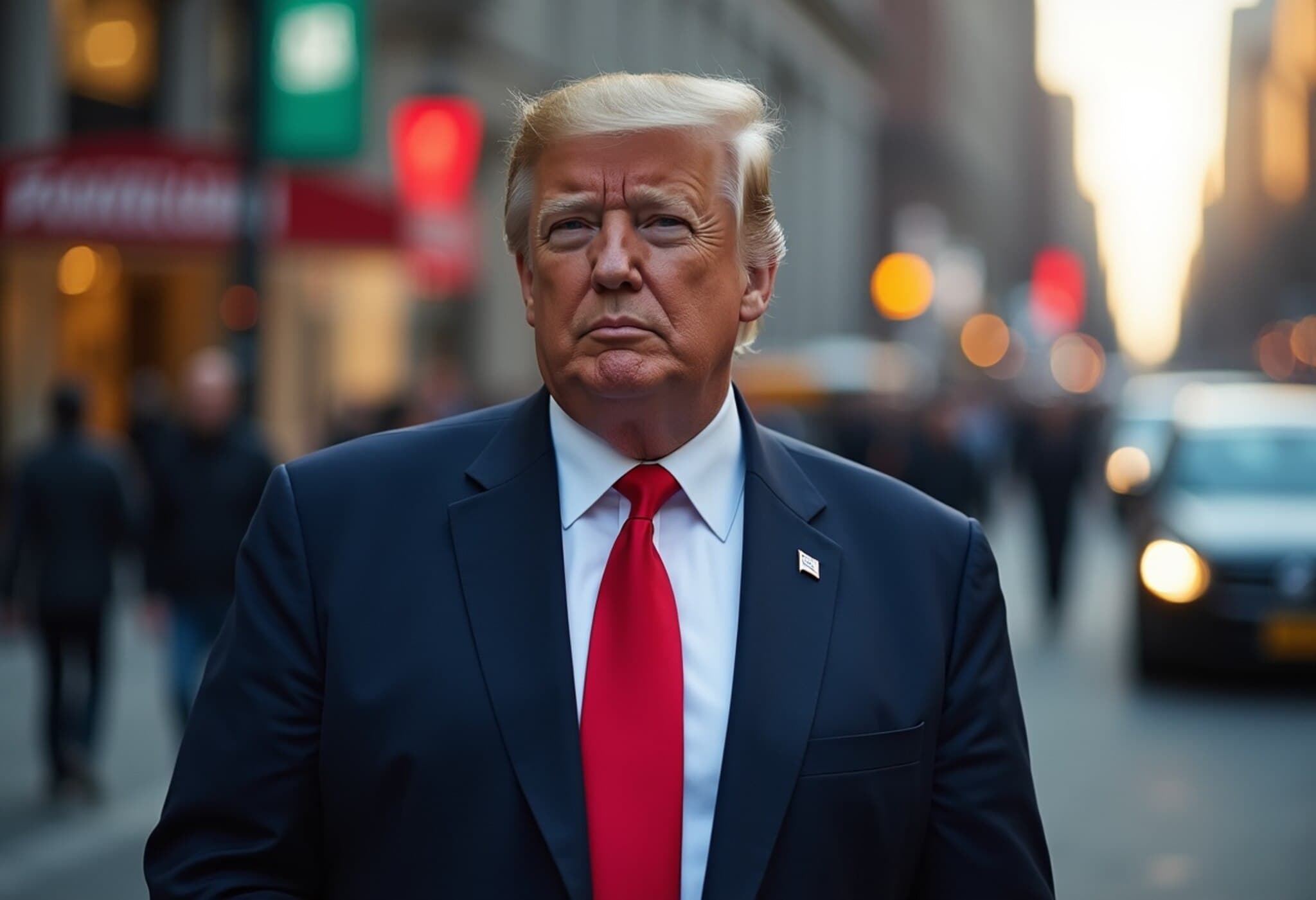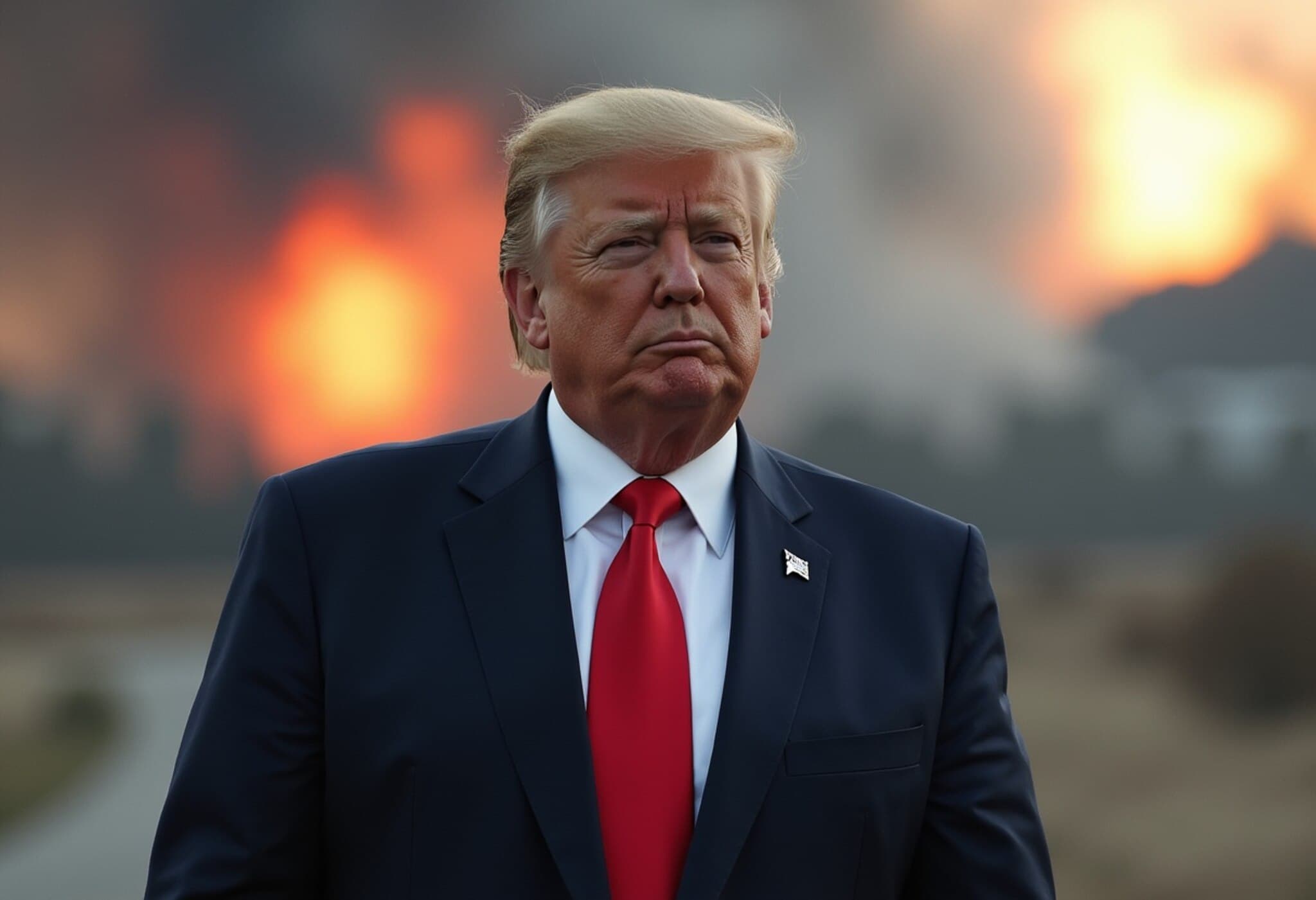Senate Investigation Uncovers Multiple Security Failures in 2024 Trump Assassination Attempt
A recently released U.S. Senate report has laid bare a disturbing series of lapses that culminated in the assassination attempt on former President Donald Trump during a campaign rally in Butler, Pennsylvania, in July 2024. The report describes not a singular mistake but a “cascade of preventable failures” that almost cost the former president his life.
Details of the Attack and Immediate Aftermath
On July 13, 2024, a 20-year-old gunman opened fire at the rally, fatally harming one attendee and injuring two others. The assailant managed to graze Trump’s ear before being fatally shot by Secret Service agents protecting the event. The attempt sent shockwaves through the nation, highlighting glaring vulnerabilities in presidential security protocols.
Secret Service Scrutiny: Patterns of Negligence and Communication Breakdowns
The Senate Homeland Security and Governmental Affairs Committee report sharply criticized the Secret Service for a widespread failure in coordination, communication, and discipline. According to the report, these failures were not isolated errors but the result of systemic issues rooted in bureaucratic indifference and a lack of clear protocols.
Senator Rand Paul (R-KY), chairman of the committee, condemned the agency for what he termed a “cultural cover-up” and accused it of shirking responsibility ahead of the attack. In his statement, he emphasized that the security breakdown was comprehensive, driven by both disregard for direct threats and inadequate organizational response.
Agency Responses and Leadership Controversies
Kimberly Cheatle, who served as the Secret Service Director until shortly after the attack, publicly rejected allegations that she denied requests for enhanced security at the rally. In a rare public statement, Cheatle clarified that additional resources, including countersnipers, were deployed, defending her leadership amid intense congressional critique.
Despite these clarifications, the committee asserted that disciplinary measures fell short of accountability standards. Six agents received suspensions ranging from 10 to 42 days, but no firings occurred. The Senate report recommended broader accountability, suggesting that more than six individuals should face consequences, with some suspensions deemed too lenient.
Current Secret Service Director Sean Curran, who managed Trump’s detail during the rally, responded by affirming the agency’s commitment to cooperating with congressional inquiries. He also highlighted ongoing reforms aimed at rectifying the vulnerabilities exposed by the attack.
Former President Trump’s Reflection on the Failed Attack
On the anniversary of the attempt, Trump publicly expressed his belief that his survival was a divine intervention intended to support his political mission. He praised the bravery of first responders, medical personnel, and rally attendees who helped protect others in the chaos, lauding them as heroes who rose to the moment despite the danger.
Broader Implications: Security, Accountability, and Political Trust
This report brings to the forefront critical questions about the adequacy of security measures for high-profile political figures in an era marked by rising domestic violence and political extremism. The Secret Service, tasked with safeguarding national leaders, faces increasing scrutiny over its operational culture and readiness.
Experts emphasize that restoring public trust requires transparent accountability, robust communication channels, and rigorous threat assessment protocols. The identified bureaucratic inertia highlighted by the Senate report signals systemic challenges that may transcend this singular event, calling for comprehensive organizational reform.
What Lies Ahead?
- Will the Secret Service implement the reforms necessary to prevent similar security catastrophes?
- How might congressional oversight evolve to enforce greater accountability within protective agencies?
- What role should political leadership play in addressing escalating threats against public figures without compromising democratic engagement?
As the nation reflects on this near-tragedy, the Senate report serves as a wake-up call that the protective frameworks shielding America’s leaders demand urgent overhaul, lest history repeats itself.
Editor’s Note
The Senate’s detailed examination of security failures during the Trump assassination attempt underscores the precarious balance between public access and safety for national figures. Beyond agency shortcomings, this episode spotlights broader societal tensions, where political violence threatens democratic norms. As reforms unfold, citizens, lawmakers, and security professionals must remain vigilant to ensure protective measures evolve alongside emerging threats — safeguarding both leaders and the principles they represent.

